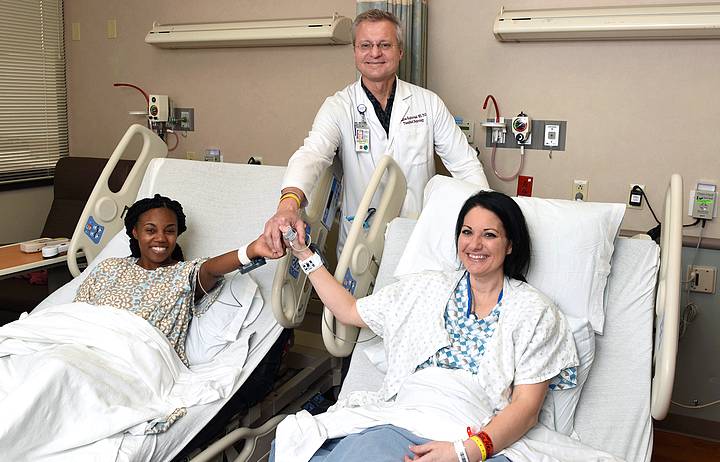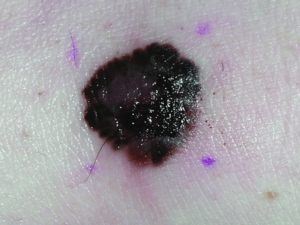 Organ donation can be a wonderful, life changing experience for all involved, although the need for care remains important.
Organ donation can be a wonderful, life changing experience for all involved, although the need for care remains important.
A 2019 international dermatology conference saw a presentation which enhanced current views and data, on skin cancer occurrence in transplant patients.
Depending on individual factors, squamous cell carcinoma on the body can be between 65 and 250 times more likely, basal cell carcinoma 10 times, melanoma up to 8 times, rare conditions such as merkel cell carcinoma 70 times as high.
Improvements in transplant procedures and immunosuppressive medication have brought more transplants, along with improved survival rates. In almost every way this is good news, the fact remains that patients have extra risks.
The origin for the majority of these is a lifelong requirement to suppress the immune system, which amongst other issues, reduces defence against skin cancer.
A Need For Screening
Skin cancer screening is a good idea for most of us, more so for transplant patients, with increased likelihood of skin tumours appearing. They account for 40% to 50% of all post transplant malignancies and tend to be more aggressive.
A screening session before a transplant operation is common, along with treatment for any lesions found. The position afterwards can be less well defined, as a recent review of clinical guidelines found.
This should not be the case, when screening is an essential, ongoing requirement for all transplant patients on immunosuppressive medication.
Pre transplant medical history can have an effect on screening frequency, such as previous incidence, family history, skin type, or high sun exposure. The principle is still true for all cases, the additional risk should be factored in.
Care At Our Clinic
Transplant patients will often be seen long term by specialists, not least to maintain the delicate balance needed on the intensity of immunosuppression. Our London clinic offers the same level of support for your skin.
Screening will be overseen by a consultant dermatologist specialising in skin cancer, with sound knowledge of transplant patient needs.
A skin cancer screening program will be created to match each individual case, where visits are relatively short, pain free and use the latest digital technology. In the event a problem is found, treatment is equally advanced.
One objective of screening is peace of mind, the other is to ensure skin cancer treatment at an early stage, the most vital ingredient. If we can help in any way, please get in touch for further information.
You may find the options below useful:
- Save time with an intuitive search on: Skin Cancer Diagnosis & Treatment.
- Up to date news, research and insights: Our Dedicated Skin Cancer Blog.
For any advice, or to arrange a dermatology appointment, call 020 8441 1043, or send an email via the Make An Appointment button below.



